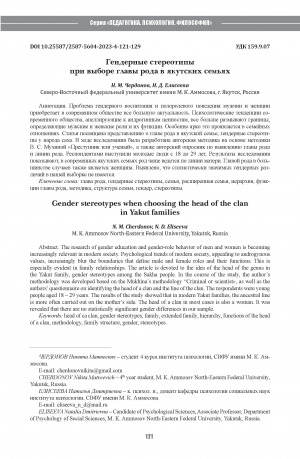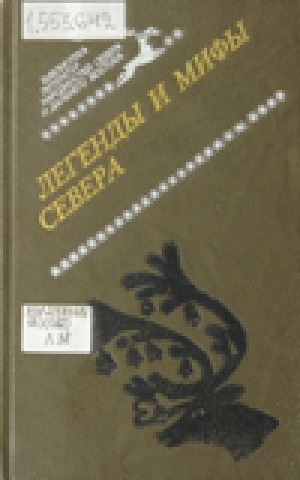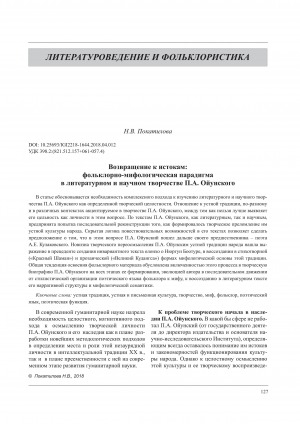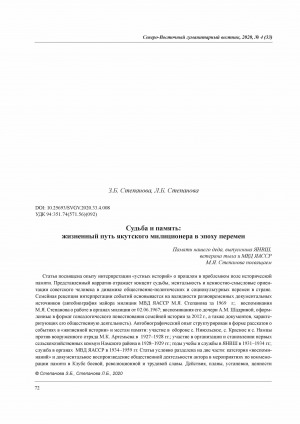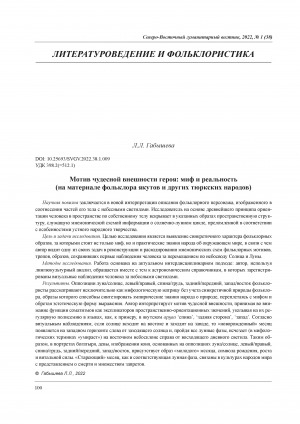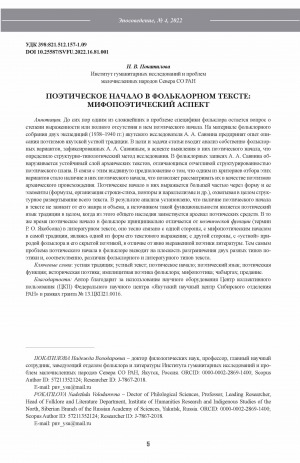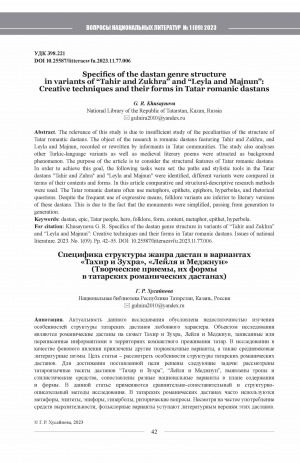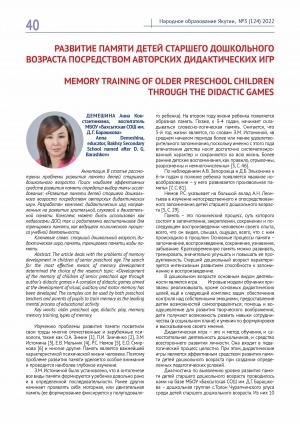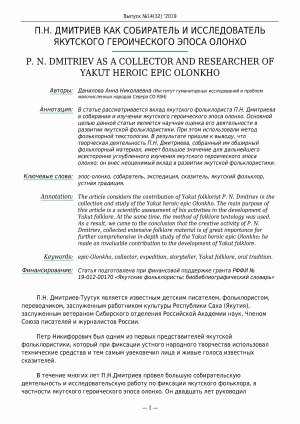Рассматривается языковая и культурная семантика якутского слова буруо ‘дым’, порождающего систему метафорических моделей в лексике, фразеологии и фольклоре. Как свидетельствует материал, метафоре дыма присущи смысло- и текстообразующие функции, в якутской лингвокультуре она не только образует парадигму языковых единиц с общей семантикой ‘потомки, продолжение рода’, но и служит источником порождения текста загадок, пословиц, благопожеланий, заклинаний, эвфемизмов и т. д. Анализируемая метафора отражает фрагмент фольклорной картины мира народа саха, связанный с патриархальной семьей, социальной ролью сына и дочери в продолжении рода.
The paper examines the linguistic and cultural semantics of the Yakut word buruo (smoke) by exploring its metaphorical manifestations in vocabulary, phraseology, and folklore. The folklore text is analyzed using a structural-semiotic approach to examine language as a cultural verbal code. For the first time, the smoke metaphor is recognized as a source of riddles, proverbs, good wishes, incantations, euphemisms, and others. Otherwise, the metaphor is found to have meaning- and text-forming functions. In the Yakut linguoculture, the smoke metaphor creates a micro paradigm of linguistic units with the general semantics of “descendants, a continuation of the family.” The metaphor under study is suggested to be a cultural element of the Sakha people’s folklore, specifically related to the patriarchal family structure and the roles of sons and daughters in procreation. The smoke metaphor, a tool for creating new concepts and pictorial means in language and culture, proves to be an element of the informational structures of oral collective memory. It preserves the principle of patrilineage, gender stereotypes, and traditional ideas of the Sakha people about the succession of generations and procreation, understood as “development, advancement through stages of development.” A significant finding is that a polysemous word, phraseology, paremy, epithet, folklore formula, symbol, and others can preserve considerable information in a coiled form and serve as an optimal way of its oral transmission in time and space. To conclude, folklore text meta-phors are not only emotionally rich but also involve “condensed” meaning, with a symbol representing the information compression.


